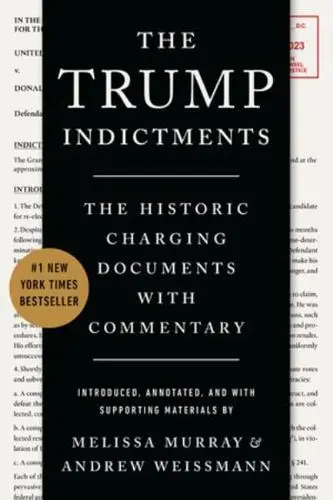As a placeholder, let me reference this article about women whose health was threatened partially because of Dobbs.
Dobbs supposedly did not cover contraceptives. Don't believe it. Carey v. Populations Services protected the right to access birth control. I have talked about this opinion here over the years. At one point, it notes:
We observe that the Court has not definitively answered the difficult question whether and to what extent the Constitution prohibits state statutes regulating such behavior among adults. See generally Note, On Privacy: Constitutional Protection for Personal Liberty, 48 N. Y. U. L. Rev. 670, 719-738 (1973).
The Internet provides the chance to obtain many of these law review articles. The author later was a long-time president of the ACLU. You can also listen to her on C-SPAN, which has a few videos with her.
The note is over one hundred pages and covers a lot of ground. Thus, we can forgive its shortcomings, especially since it is after all a student note. Nonetheless, its summary of Griswold's main opinion is annoying.
Again, though this is not noted, the Supreme Court referenced privacy rights before that opinion. Mapp v. Ohio, for instance, speaks of a right to privacy protected by the Fourth Amendment. Griswold cites various opinions regarding just that. Likewise, the single footnote argues the Fourth Amendment specifically is widely concerned about privacy.
(The footnote references an earlier opinion speaking of the "sanctity of a man's home and the privacies of life.")
The article -- which has an extended discussion of each Griswold opinion joining the majority -- does not cover any of this.
The note is not expected to know (in 1973) about Douglas' original draft which relied much more on the right of association (marriage). I found a book with unpublished Warren Court opinions that provided it. Douglas included a paragraph about how marriage involves teaching values. This helps to explain the famous paeon to marriage at the end of the opinion.
Harlan's Poe v. Ullman dissent, which in time basically became adopted as authoritarian as much as Brandeis' Olmstead dissent, expanded on this general sentiment. The Third and Fourth Amendments reflected the specific threats present to the privacy of the home. Family and marriage life are an aspect of this privacy. This is not much of a reach.
The note should have discussed more about the references to earlier cases about the privacy of the home as well as cases such as Skinner v. Oklahoma (sterilization). More striking, Justice White's concurrence is fleshed out some more, including citations of precedents that protected unenumerated rights, including those involving marriage and child-raising.
We are told early on:
The truly remarkable feature of Griswold, however, is that seven Justices, with neither precedent nor textual support from the Constitution to guide them, agreed that the Connecticut statute was unconstitutional.
The justices very well had precedent to guide them. Precedent protected the privacy of the home and questions involving marriage and child-rearing. Likewise, there was some textual support for privacy rights and protection of unenumerated rights. It took some imagination to specifically apply it in the way each did. But, there is nothing new there.
Nor is there novelty to a somewhat slipshod analysis of Griswold et. al. The article overall has a lot of interesting material.
===
ETA: The article has a section on marijuana possession. This was early on, before Alaska protected its usage in the 1970s, for instance, but there were a few attempts.
Justice Clark, who wrote an influential article on abortion rights as an offshoot of Griswold, later wrote a shorter article on marijuana possession that in passing argued the same. His abortion article noted the overall principle of Griswold applied to day-to-day living habits. Enlightenment thinkers such as Joseph Priestley also rejected state power over choices of food and medicine.
The famous Olmstead dissent references beliefs, thoughts, emotions and sensations. Stanley v. Georgia (obscenity in the home) stated: "Our whole constitutional heritage rebels at the thought of giving government the power to control men's minds." Marijuana use is mind-altering. Privacy rights include the freedom to make decisions on your own there.
(The opinion has a footnote that says "narcotics" might be different but as the article notes labeling marijuana that way is questionable.)
The article references how marijuana can be tied to certain groups. A Nixon flunky said years later their opposition to marijuana was a backdoor way to target hippies. Marijuana was a basic symbol of many groups, including jazz musicians. This one connection doesn't do it. But, it is part of the conversation, including the limited harms (cf. heroin).
Attempts to raise a religious liberty interest were present back then too. The acceptance of peyote and ayahuasca claims now makes these arguments more valid today. Religious practices regularly involve means to alter consciousness, including dance, trances, and the emotional heights of prayer and song.
A later case granted "a significant liberty interest in avoiding the unwanted administration of antipsychotic drugs under the Due Process Clause." This works both ways. People have the right to use drugs for health reasons in a variety of ways. The case provided limits (forcing usage in a prison context was more likely to be allowable) but that's a weighing process.







